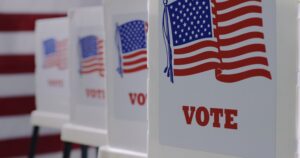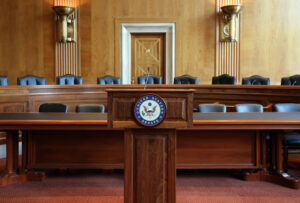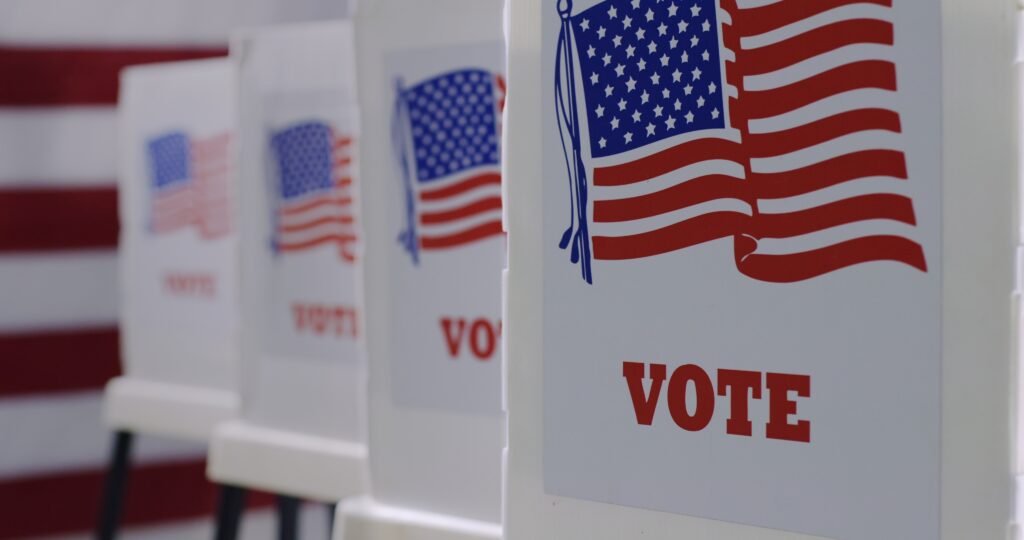A modest proposal for fairer aluminum prices
Last week the Beer Institute filed comments to S&P Global Platts with our recommendations to help ensure that the price of aluminum, and especially the Midwest Premium, represents market fundamentals. You can read the full comments HERE.
The Midwest Premium, created by metal producers years ago, is supposed to cover the logistical costs of moving metal into and in North America – essentially a shipping and handling fee. But over time, the Midwest Premium has become a device to speculate and artificially inflate the price paid for aluminum at the expense of end-user businesses and consumers. From January 1 to July 9, the Midwest Premium increased 135 percent– far more than the 10 percent tariff would warrant.
Last year, America’s brewers purchased more than 36 billion aluminum cans and aluminum bottles, and aluminum is the most substantial commodity risk for our nation’s breweries.
A fundamental issue that brewers and other aluminum users are facing is that they are paying a tariffed price for all metal whether it is U.S. or foreign sourced. While most aluminum imported into the United States is subject to tariff, significant amounts of aluminum—including aluminum produced in the United States, recycled aluminum, and metal brought into the country before the tariffs went into effect, should not have a tariff added to the price. It‘s only logical that non-tariffed aluminum should be cheaper than tariffed aluminum. However, brewers are paying a tariff-inflated price for all the aluminum they use to make cans and aluminum bottles because there is only the one price.
Tariffs are designed to create incentives to purchase American-made products above products produced in other countries. However, Platts’ price structure only provides a single price for aluminum premiums (e.g., shipping and handling costs)—meaning aluminum produced in the United States costs the same amount as aluminum imported from other countries.
Imagine the reaction if airlines charged all passengers the price for a first-class ticket, but some passengers would be given a coach seat. The airlines would benefit, but we as consumers would never support being charged an elevated price for a standard seat. Platts is getting away with publishing an increased rate for all aluminum without regard to whether or not it had a tariff put on it. And to make matters worse, it is not uncommon for Platts to report an increase in aluminum premiums based on quotes, offers, and bids—even though they are not completed transactions.
We hope to correct this imbalanced aluminum pricing system. We appreciate Congressman Ken Buck (R-CO) for leading 31 of his bipartisan colleagues in sending a letter to U.S. Attorney General Jeff Sessions asking the Department of Justice to examine aluminum pricing irregularities so unfair market practices do not disproportionately harm end users, such as the beer industry.
We also hope Platts will demonstrate their commitment to transparency by reviewing and revising their previously published aluminum rates to reflect periods when tariffs were not actually in effect or were not in effect for a substantial percentage of metal, yet Platts reported an increased aluminum premium. For example, during all of April and May 2018, countries like Canada—which provides over a third of the aluminum imported into the United States—were exempt from tariffs, but the premium for aluminum did not reflect this exemption.
To compete, American brewers need a fair and transparent pricing system for aluminum. Industries thrive when they can count on predictability and accountability in the metals market. Providing a premium for tariffed aluminum and another for non-tariffed aluminum will ensure brewers have an incentive to purchase American aluminum and that the premium they pay for aluminum more accurately reflects the time and logistical costs of transporting metal.













